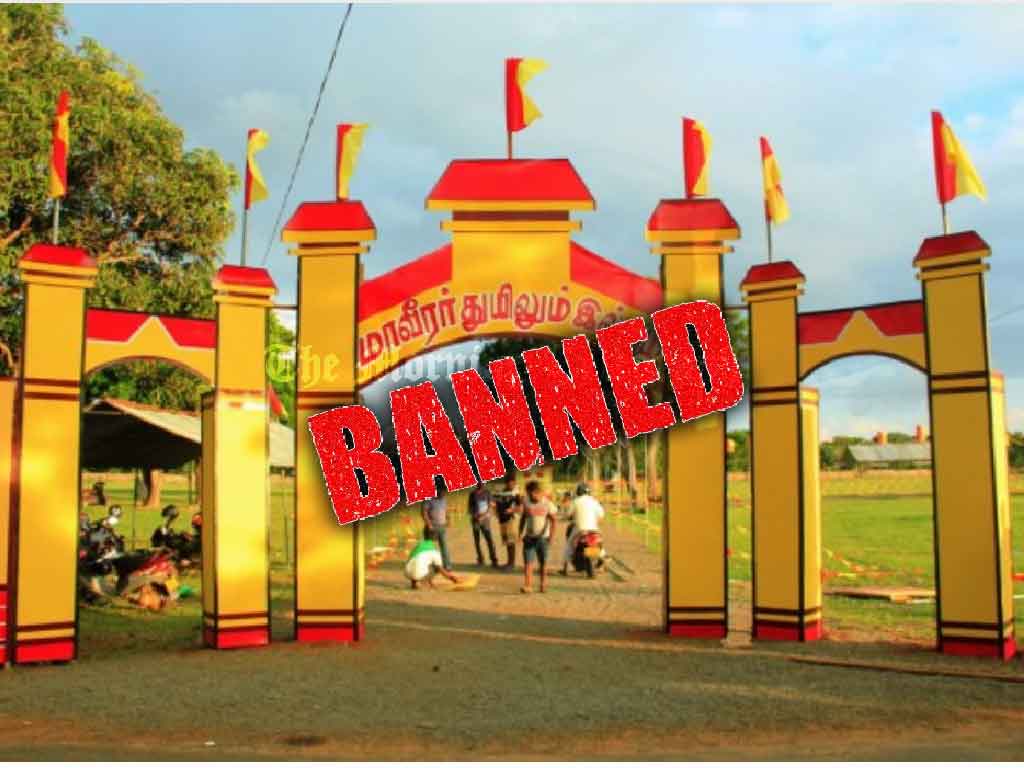
Public Security Minister Ananda Wijepala has firmly stated that any commemorations related to the banned Liberation Tigers of Tamil Eelam (LTTE) organization are not permissible under Sri Lankan law. He highlighted that, although people in the North have the right to remember their deceased family members, the use of LTTE symbols, logos, or images of its members during these events is strictly prohibited.
The LTTE, a separatist group that waged a violent civil war in Sri Lanka for nearly three decades, was defeated by the Sri Lankan government in 2009. In the aftermath, the organization was officially banned, and any activities that promote its cause or glorify its members are outlawed. Wijepala emphasized that the government will not allow the LTTE to be celebrated in any form.
“While people in the North, South, East, or anywhere else have the legal right to mourn and remember their loved ones who died during the conflict, it is important to distinguish between personal grief and glorification of the LTTE,” said Wijepala. He noted that many people in the Northern province have misinterpreted memorial events, turning them into platforms for promoting the LTTE’s ideology. He reiterated that honoring the LTTE, its leaders, or symbols is illegal, and the law must be respected.
In addition, the Minister outlined the government’s plans to address the issue of drug trafficking, stating that a formal program will soon be implemented to combat the growing problem in the country. This initiative is expected to tackle drug-related crimes and reduce the impact of narcotics on communities across Sri Lanka.
Meanwhile, Deputy Minister of Public Security, Sunil Watagala, who assumed his duties on November 25, reaffirmed the government’s commitment to strengthening law and order in the country. Watagala, an attorney-at-law, is expected to play a crucial role in the implementation of various security measures, including those aimed at curbing the drug trade.
The statements come amid ongoing discussions about how best to manage post-war reconciliation and address sensitive issues surrounding the LTTE and its legacy, particularly in the Northern and Eastern provinces of Sri Lanka.




